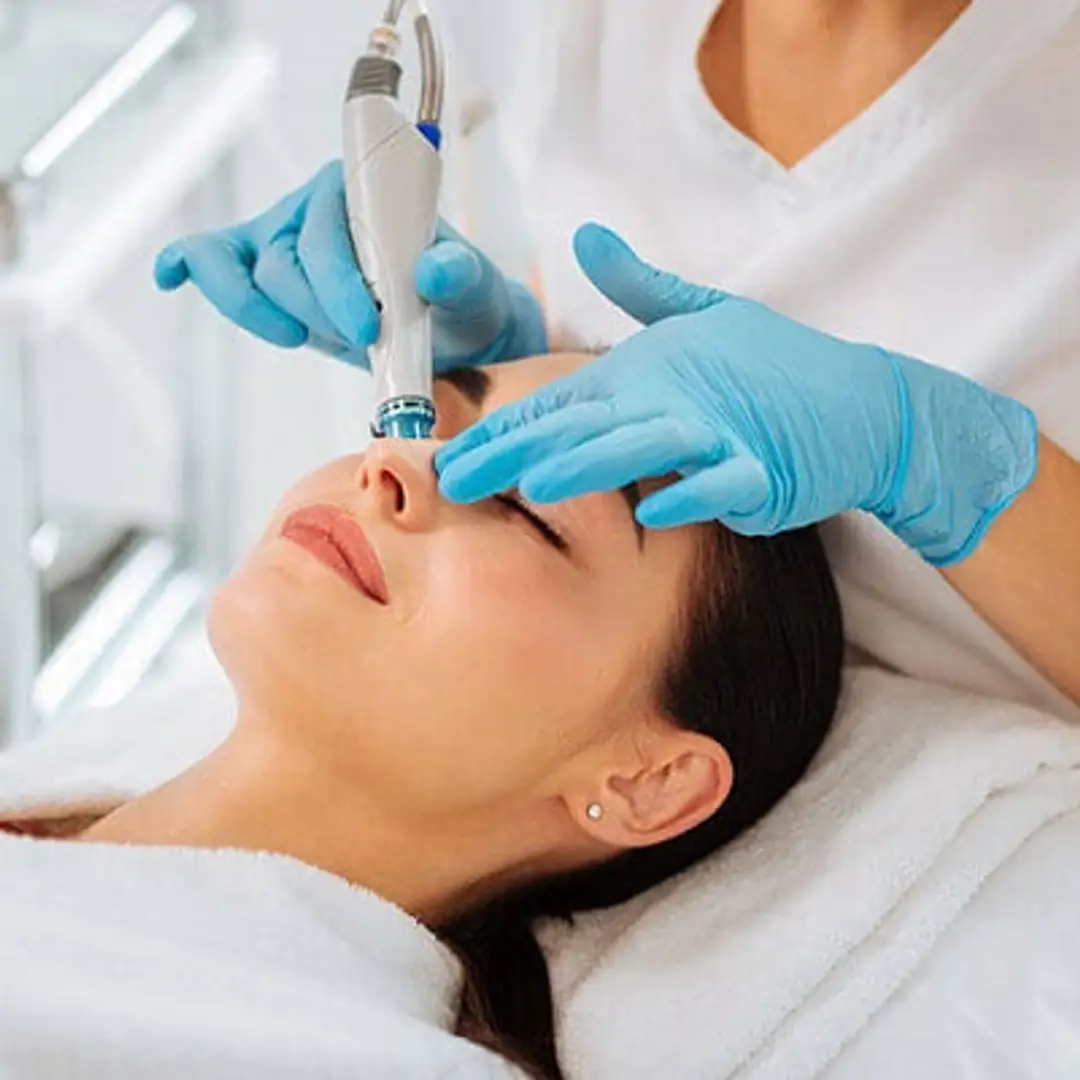

Dermatologists Explain the Truth About Sun Protection
Sun protection is a topic that often comes with confusion and mixed messages. While most people know that sun exposure can damage the skin, many myths persist about how to protect oneself effectively. Dermatologists, as skin health experts, provide clear guidance on what really works and what doesn’t. Understanding the facts about sun protection is essential not only for preventing premature aging but also for reducing the risk of serious conditions like skin cancer.
Why Sun Protection is Crucial
The sun emits ultraviolet (UV) rays that can harm the skin in multiple ways. UV radiation is divided into two main types: UVA and UVB. UVA rays penetrate deeply into the skin, contributing to premature aging, wrinkles, and sunspots, while UVB rays primarily affect the surface of the skin and are responsible for sunburn. Both types increase the risk of skin cancer, including melanoma, which is one of the most dangerous forms of skin cancer.
Dermatologists emphasize that sun protection is not just about avoiding sunburn—it’s about maintaining overall skin health. Regular sun exposure without protection can accelerate aging, worsen pigmentation, and damage skin cells, even on cloudy days or during winter months.
Common Myths About Sun Protection
“I Don’t Need Sunscreen on Cloudy Days”
One of the most widespread misconceptions is that sunscreen is unnecessary when the sun isn’t visible. Dermatologists point out that up to 80% of UV rays can penetrate clouds. Even on overcast days, prolonged exposure without protection can cause skin damage and increase the risk of cancer.
“Darker Skin Doesn’t Need Sunscreen”
While melanin provides some natural protection against UV damage, dermatologists warn that people with darker skin tones are not immune to sun damage or skin cancer. Sunscreen should be a part of daily skincare routines for everyone, regardless of skin color.
“I Only Need Sunscreen at the Beach”
Sun exposure accumulates over time, and daily activities like walking, driving, or running errands can contribute to skin damage. Dermatologists recommend incorporating sun protection into your everyday routine, not just during vacations or outdoor sports.
Choosing the Right Sun Protection
Sunscreen: Broad-Spectrum is Key
Dermatologists advise choosing a broad-spectrum sunscreen that protects against both UVA and UVB rays. Look for an SPF of at least 30 for daily use and higher if you spend extended periods outdoors. Application should be generous—most adults need about one ounce (a shot glass full) to cover the body adequately.
Reapplication is Essential
Sunscreen is not a “apply once and forget” product. Dermatologists stress reapplying every two hours, or more often if swimming or sweating. Even water-resistant sunscreens need to be reapplied after significant exposure to water.
Protective Clothing and Accessories
Physical barriers are highly effective. Dermatologists recommend wearing long sleeves, wide-brimmed hats, and UV-blocking sunglasses. Lightweight fabrics with built-in UV protection are widely available and suitable for daily wear.
Timing Matters
The sun’s rays are strongest between 10 a.m. and 4 p.m. During these hours, dermatologists suggest seeking shade whenever possible. Planning outdoor activities outside peak UV hours can significantly reduce cumulative skin damage.
Lifestyle Habits for Long-Term Skin Protection
Sun protection goes beyond sunscreen and clothing. Dermatologists highlight these habits for maintaining skin health:
- Stay Hydrated: Proper hydration helps maintain the skin’s barrier function and resilience against environmental stressors.
- Follow a Skincare Routine: Antioxidant serums, moisturizers, and gentle cleansers can help mitigate oxidative stress caused by UV exposure.
- Regular Skin Checks: Dermatologists encourage monthly self-exams and annual professional screenings to detect early signs of skin abnormalities.
- Healthy Diet: Foods rich in antioxidants, like fruits, vegetables, and green tea, support the skin’s natural defense against UV damage.
The Role of Sun Protection in Anti-Aging
Many people underestimate the impact of UV exposure on premature aging. Dermatologists note that chronic sun exposure accelerates collagen breakdown, leading to wrinkles, sagging, and hyperpigmentation. Consistent sun protection not only prevents cancer but also helps maintain youthful, radiant skin over time.
Frequently Asked Questions (FAQs)
Can I use makeup with SPF instead of regular sunscreen?
Makeup with SPF offers some protection but usually not enough for prolonged exposure. Dermatologists recommend applying a dedicated broad-spectrum sunscreen underneath makeup for adequate coverage.
Is SPF 50 twice as effective as SPF 25?
SPF measures UVB protection, not linear effectiveness. SPF 25 blocks about 96% of UVB rays, while SPF 50 blocks about 98%. Higher SPF offers slightly better protection but does not replace proper application and reapplication.
How early should I apply sunscreen before going outside?
Apply sunscreen 15–30 minutes before sun exposure to allow it to absorb and provide optimal protection.
Are tanning beds safe alternatives to natural sunlight?
No. Dermatologists strongly advise against tanning beds, as they emit concentrated UVA and UVB rays that significantly increase the risk of skin cancer and premature aging.
Can I rely on sun protection sprays instead of creams?
Sprays can be convenient but may not provide even coverage. Dermatologists recommend applying a liberal layer, ensuring all exposed areas are covered, and rubbing it in when possible.
Do I need sunscreen indoors near windows?
Yes. UV rays can penetrate glass, so spending prolonged periods near windows without protection may contribute to skin damage over time.
Conclusion
Sun protection is more than a seasonal concern—it is a year-round commitment to skin health. Dermatologists emphasize that understanding the truth about sun exposure, choosing the right products, and adopting protective habits are essential for preventing damage, aging, and skin cancer. By incorporating daily sunscreen use, protective clothing, lifestyle adjustments, and regular skin checks, individuals can safeguard their skin while enjoying the outdoors safely. Knowledge, consistency, and vigilance are the keys to truly effective sun protection.
Related Posts
© 2025 Invastor. All Rights Reserved

User Comments